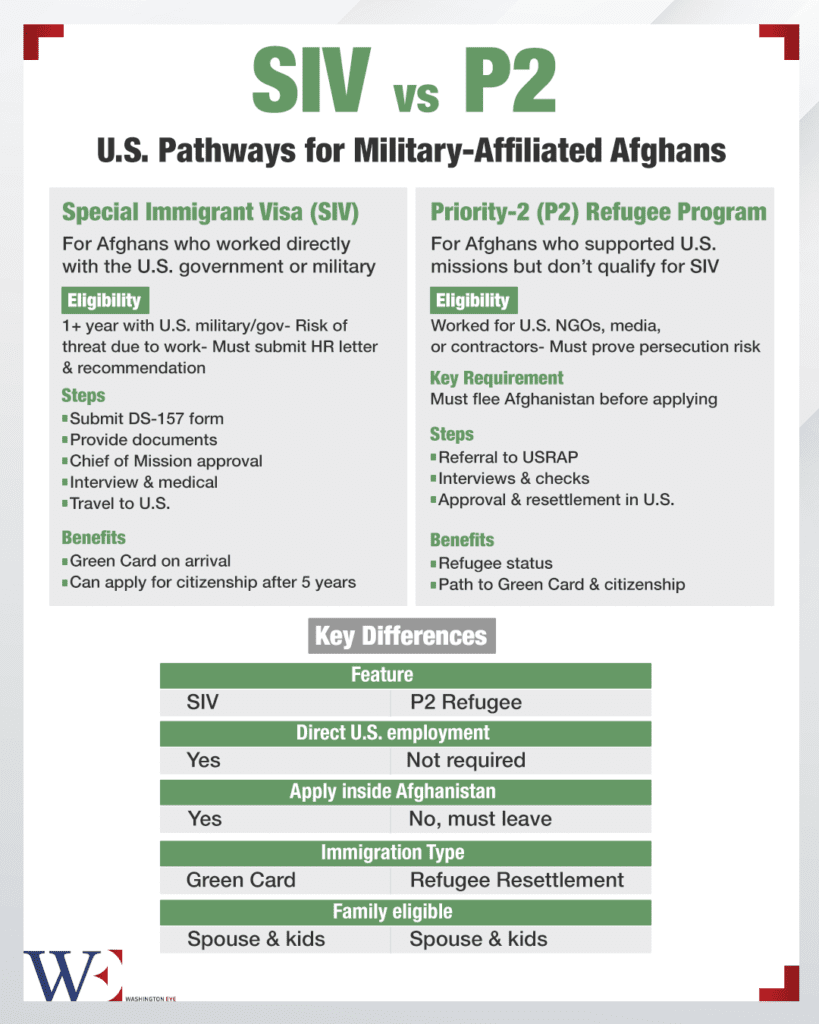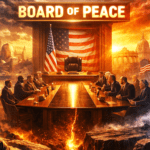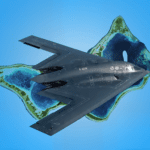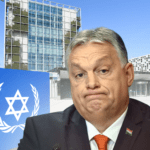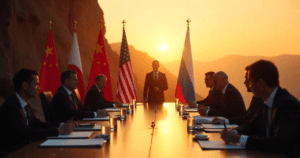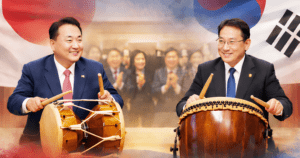Afghan pilots who risked everything during the U.S.-led war in Afghanistan are now caught in a diplomatic dead zone. Despite serving shoulder-to-shoulder with American forces for two decades, many are stranded in foreign countries under mounting risk—blocked from entering the U.S. due to an abrupt halt in resettlement policies under President Donald Trump’s renewed administration in 2025.
As these highly trained pilots plead for protection, the U.S. government has gone silent—raising fears of abandonment and betrayal among a community that was once a linchpin of America’s military strategy in the region.
Wartime Contributions: The Air Force Backbone
The Afghan Air Force was among the most strategically valuable components of the U.S.-backed Afghan military. With U.S. training and aircraft, these pilots executed dangerous reconnaissance, transport, and attack missions. Their work was essential in pushing back Taliban advances and protecting ground troops.
“They were a force multiplier,” said a former U.S. military advisor quoted, “Without them, we would have suffered far greater losses on the ground”.
Policy Reversal Under Trump’s Second Term
In one of his first major foreign policy moves after taking office again in January 2025, President Trump ordered a freeze on Afghan refugee admissions, specifically halting Special Immigrant Visa (SIV) and Priority-2 (P2) refugee processing for military-affiliated Afghans. The directive also suspended funding for relocation flights, effectively paralyzing U.S. evacuation channels.
The decision left more than 1,000 Afghan Air Force personnel and support staff—many already cleared for resettlement—in a dangerous limbo across countries like Pakistan, the UAE, and Tajikistan.
Stranded and Stateless: Pilots Speak Out
Tauheed Khan, an Afghan pilot currently in Islamabad, said he has been waiting nearly two years after passing his U.S. Refugee Admissions interview in 2023. “After the new administration took over, everything went silent,” Khan said. His Pakistani visa has expired, and he fears deportation back to Taliban-controlled Afghanistan.
Former Afghan Air Force Commander General Abdul Fahim Ramin, who fled to the UAE with other officers, expressed frustration: “We did everything asked of us. Now we are being punished for it”.
Conditions in Third Countries
Many Afghan airmen and their families are living in temporary accommodations with no legal status, no access to healthcare, and no ability to work. In the UAE, over 1,500 Afghans remain in restricted housing near Abu Dhabi’s airport. In Pakistan, several have been detained or deported due to expired documents.
“We live in fear every day,” said one pilot, “If I go back, I’ll be executed. If I stay here, I could be arrested”.
Outrage from Veterans and Advocacy Groups
Veterans’ organizations and humanitarian coalitions have condemned the Trump administration’s policy as a betrayal. Shawn VanDiver, founder of the #AfghanEvac coalition, said: “This is a moral failure. These pilots earned their way into the U.S.—this isn’t charity. It’s a promise we’re breaking”.
Advocacy groups argue that many of these individuals already cleared security vetting and background checks. “They’re more vetted than most U.S. citizens,” VanDiver noted.
International and Strategic Fallout
Critics warn that abandoning Afghan allies could erode American credibility in future conflicts. “How do you ask someone to risk their life for you again if they know they’ll be forgotten?” asked a former U.S. State Department official.
Foreign policy analysts suggest that the decision may harm the U.S.’s ability to build partnerships with local forces in future interventions, especially as global tensions rise in regions like the Indo-Pacific and Eastern Europe.
What Comes Next?
While the White House has remained quiet amid criticism, advocacy groups are now appealing to Congress for legislative intervention. A bipartisan group of lawmakers is reportedly drafting a bill to override the executive freeze, but progress remains slow. Meanwhile, Afghan pilots continue to wait—caught between the promises of the past and the politics of the present.
